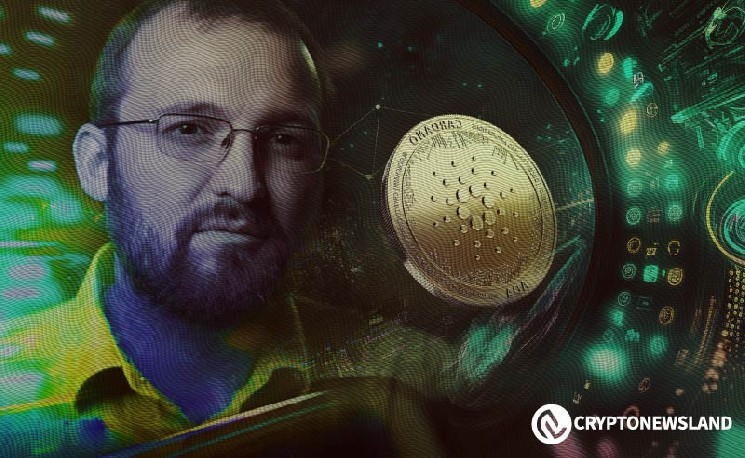- Charles Hoskinson says DeSci’s blockchain can fix peer review bias by decentralizing control and incentivizing reviewers.
- Pre-prints speed up research sharing but lack peer review validation; DeSci offers a transparent, blockchain-based solution.
- DeSci’s DAO model rewards peer reviewers with tokens, boosting scientific accountability and access while reducing costs.
In a recent post on the X.com community forum, where the Cardano community is quite active, the project’s founder, Charles Hoskinson, discussed the problem with scientific publishing today, calling it “terribly broken.” He pointed out that decentralized science (DeSci) is an approach through which blockchain can change the peer review process.
Blockchain-based DeSci solves this problem. The peer-review and publishing system is terribly broken. pic.twitter.com/zdeJA9uVd2
— Charles Hoskinson (@IOHK_Charles) October 8, 2024
The Flaws in Traditional Peer Review
Therefore, the idea of “pre-prints,” publishing research before peer review, has emerged as a partial solution. This enables researchers to effectively pass the information they have gathered within a short period to the users of the information, including the public and other researchers, without waiting for it to go through the rigorous review process.
However, this type of organization does not attempt to solve the problem of the lack of validation and credibility, as one can easily make up stories and publish them in these publications.
DeSci: A Blockchain-Based Solution
Focusing on the issues, Hoskinson is sure that DeSci, based on the blockchain, is the solution. With the help of a decentralized autonomous organization (DAO), DeSci, the control and decision-making processes would not be centralized within the hands of a few publishers. This structure not only provides transparency when offering scientific reviews but also boosts the level of accountability.
The DeSci model incentivizes participation from qualified reviewers through a token-based system where contributions to peer review are rewarded, potentially increasing the quality and speed of evaluations. Moreover, this approach could democratize scientific knowledge, making it more accessible by reducing the barriers associated with traditional journal publishing.
